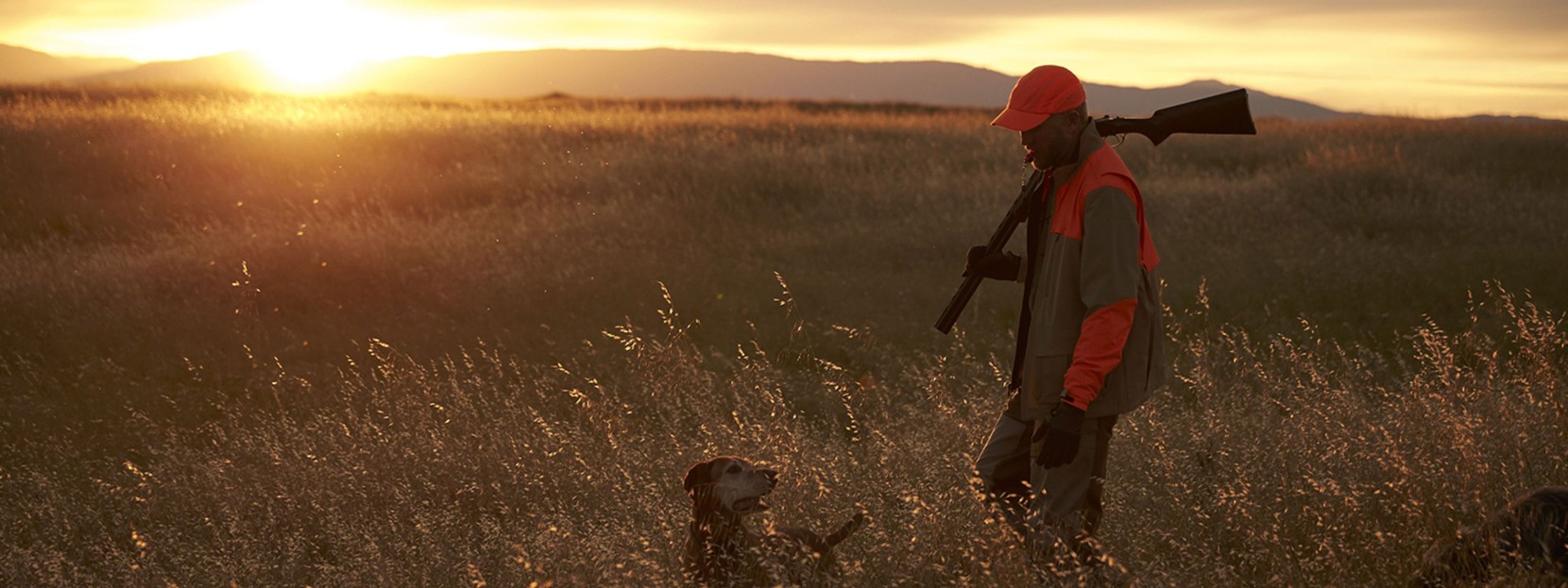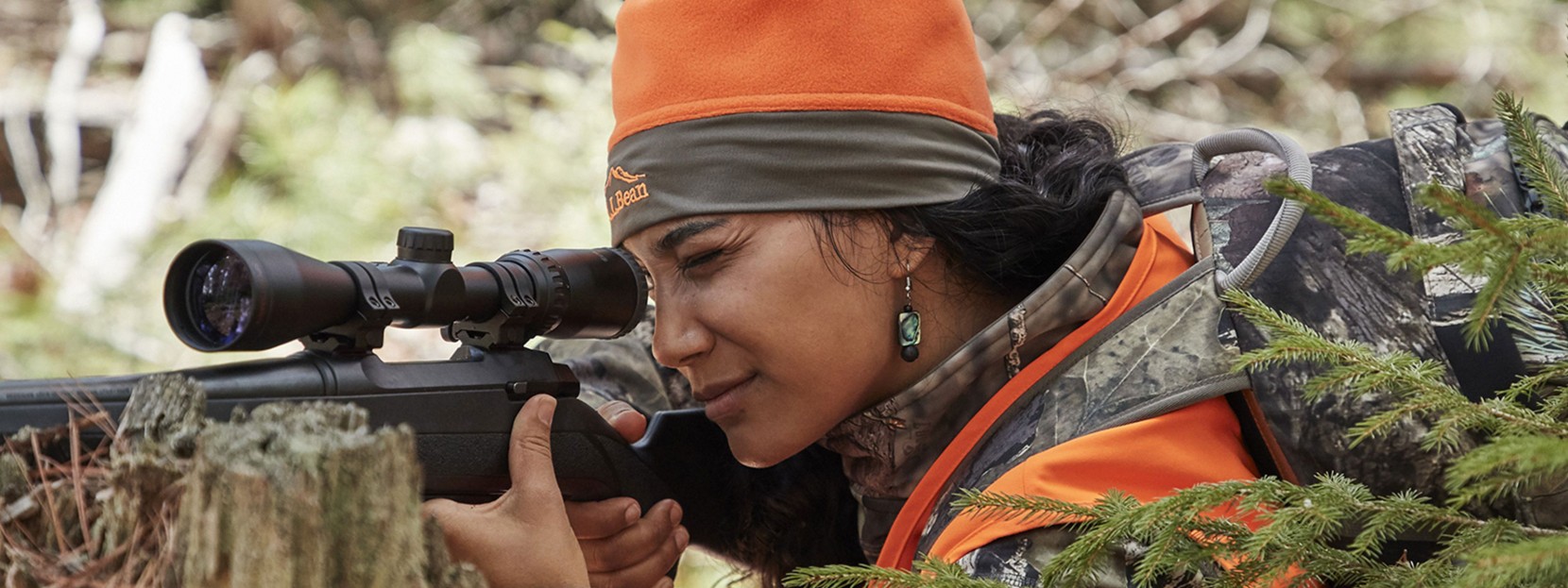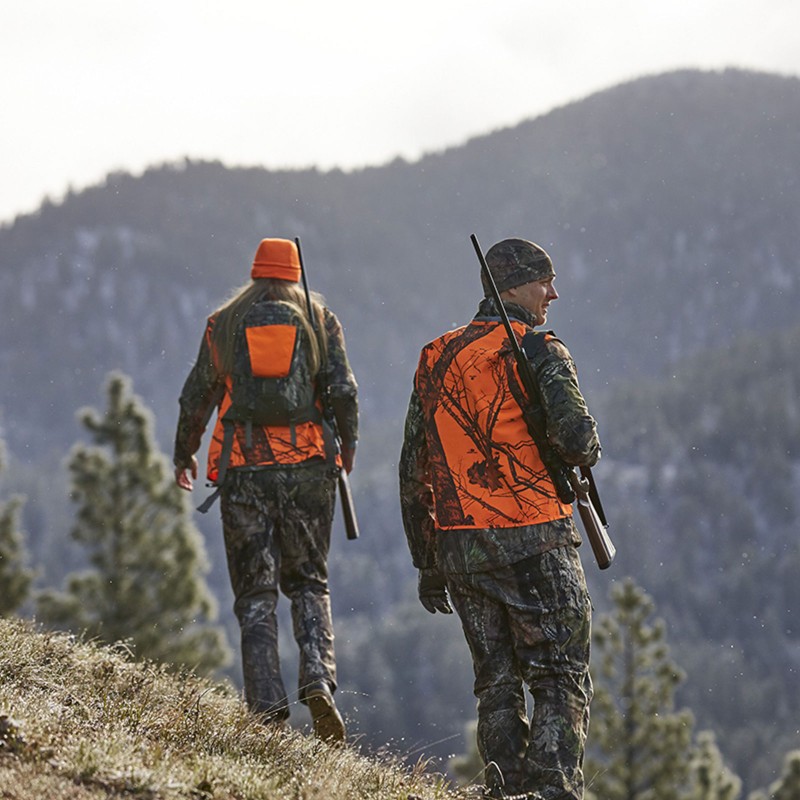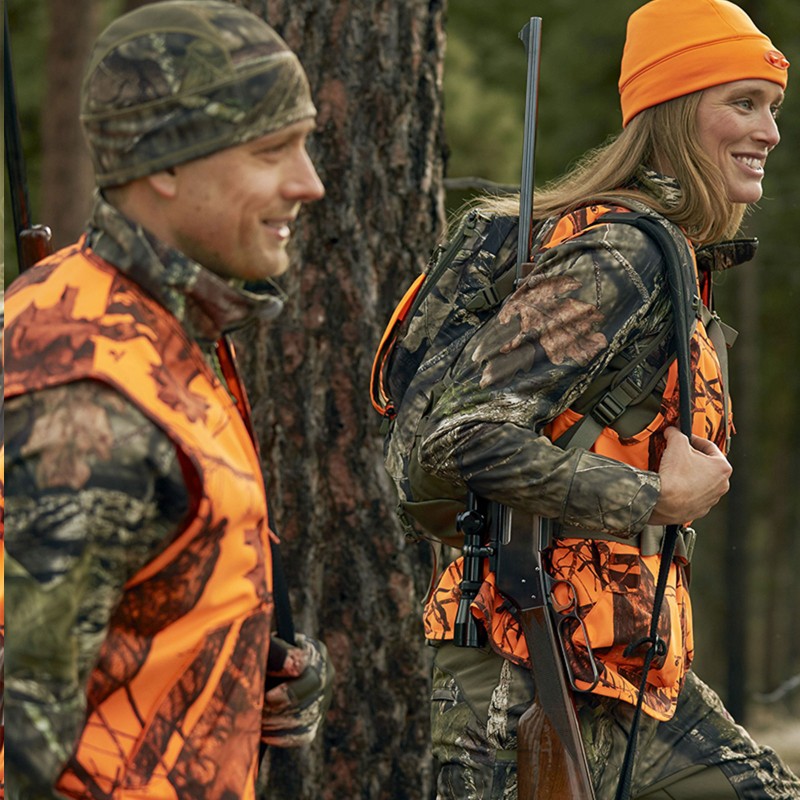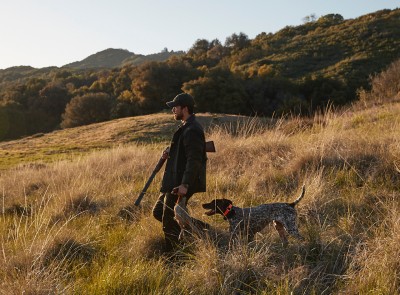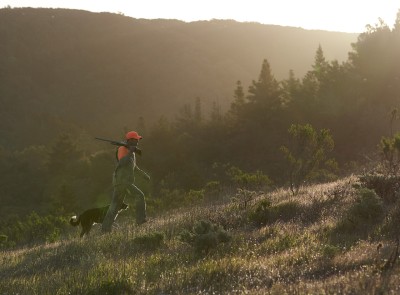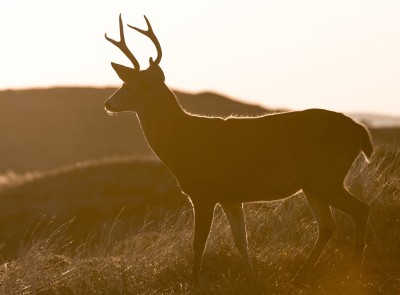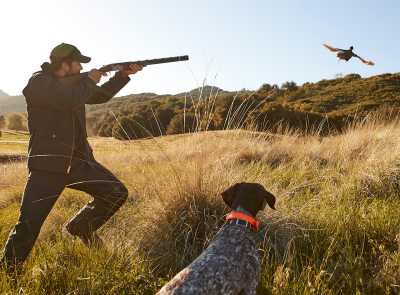The 4 Tenets of a Responsible Hunter
Your guide to the unwritten rules of the hunt.
4 Min. Read | Hunting
As you probably know by now, hunting is no stranger to written rules and regulations. That’s why state agencies distribute glossy regulatory guides like Halloween candy: They want you to follow the rules, and they know that in order to do that, you need to understand the rules.
Sometimes, however, it’s the unwritten rules that are most challenging to learn and understand. This is especially true if you’re embarking on your hunting journey without having been immersed in the culture of the sport.
To help you stay on the right side of the unwritten law, we offer the following guide to becoming the sort of hunter that helps grow the sport, ensures continued access to land, and generally shines a positive light on this millenia-old tradition. And really, what other kind of hunter do any of us want to be?
1. The Ethical Shot
It’s been said that the true measure of a hunter is not in the shots he or she takes, but in the shots he or she doesn’t take. It’s not easy to pass up a “maybe” shot on a beautiful buck, but it’s the responsibility of a responsible hunter to do everything within his or her power to ensure that when the trigger is pulled, the result is a quick, clean kill that is respectful of both the animal and of the hunting community itself.
The key to the ethical shot is found in preparation
Responsible hunters know their equipment intimately, and have practiced extensively with the specific firearm and ammo they’ll be using on the hunt. They understand their personal limitations when it comes to range, as well as the ways in which terrain and weather (in particular, wind) affect range. They know that placement is critical, and that the best likelihood of a killing shot comes when an animal is either quartering away, or broadside. they know that even under the best of circumstances, wounding shots are always possible, and they are prepared to spend as much time as necessary to finish the task.
Finally, they know without question that another day (and another deer) will come. It’s always ok to slip your finger off the trigger, lower your gun, and simply watch the animal bound away.
2. The Fair Chase
Fair chase refers to the idea that hunters will pursue and harvest game in a manner that does not provide them improper or unfair advantage over their target animal. That sounds simple and reasonable enough, until you consider that one hunters’ salt lick is another’s “unfair advantage.” In other words, it’s not quite as straightforward as it sounds, and it’s even less so when one considers variables such as region and personal beliefs. Still, some commonalities can be identified, and in general, a fair chase hunter.
A fair chase hunter
1. Abides by the laws regulating hunting in their state
2. Will not shoot an animal that does not have a reasonable chance of escape
3. Within reason, seeks to utilize every part of a harvested animal (seared deer liver, anyone?)
4. Does not consider technology a substitute for skill and experience
5. Knows his or her limitations, and takes full responsibility for his or her actions, even when mistakes are made
6. Measures success by the quality of the hunt, not by the quantity of the game harvested
The truth is, fair chase can’t be reduced to a list of hard-and-fast rules that apply to each and every hunter in each and every scenario. Rather, it serves as a touchstone against which each of us must consider our actions, as well as how those actions reflect on the individual and the hunting community as a whole. Because while we may each be only one person, the way we comport ourselves resonates throughout the sport we love.
3. Responsible Land Access
The first tenet of responsible land access is also the simplest: If you don’t know, don’t go. In other words, if you don’t have permission to hunt a piece of private land, or if you’re not certain if a parcel of public land is open to hunting, don’t go. It really is that simple.
Beyond that, responsible land access means respecting the wishes of landowners, as well as any regulations governed public lands. It also means asking landowners permission not merely for access to hunt, but for any related activities, such as scouting, or setting up game cameras. Other questions to ask:
- Are there specific times of day (or entire days) when they’d rather not have hunters on their land?
- Do they want to know when you’ll be coming and going?
- Can you bring your hunting buddies?
- Have they granted access to other hunters?
- How do they feel about tree stands and/or ground blinds?
At the end of the season, it’s always best to touch base with the land owner, not merely to thank them (a handwritten note is a very nice touch), but to see if there’s anything you can do to make the experience better for them in the coming seasons. And if you’re fortunate enough to harvest game, a care package is an amazing bridge builder (unless they’re vegetarians, in which case…maybe not!).
4. Sharing the Hunt
You’ve put out all your hunting gear, pre-filled the coffee maker, and set the alarm for 3:30 a.m. And for once, your buddies weren’t late to meet up at your designated spot. And yet when you arrive at your “secret” place, there’s already a truck parked in “your” spot, it’s engine still ticking as it cools. What to do?
The issue of sharing hunting land - be it public or private - can be a tricky one (this is why it’s wise to ask landowners if they’ve granted permission to other hunters). It’s particularly tricky on public land, where there might be multiple hunting parties vying for the same ridgeline or cedar stand. Generally speaking, it’s safe to assume that the early bird gets the worm; that is, if someone arrives before you - unless you have express permission and they do not - they have dibs.
It’s also not quite that simple, because of course many parcels of land can reasonably accommodate numerous hunting parties, so long as they are willing to spread out and be thoughtful about how their actions might impact others, which is critical both for reasons of safety and simple consideration.
Sharing land with other hunters, be it public or private, really just boils down to common sense, and always erring on the side of safety and consideration. If you are hunting private land that is accessible to others, it’s always best to reach out before opening day. Perhaps you can agree on an alternating hunting schedule, or maybe you can divvy up the land; you take the cedar stand, he takes the clear cut. Even better, maybe you’ll make a hunting buddy, and the two (or three, or four) of you will work together to ensure a successful hunt for all.
Related Stories




